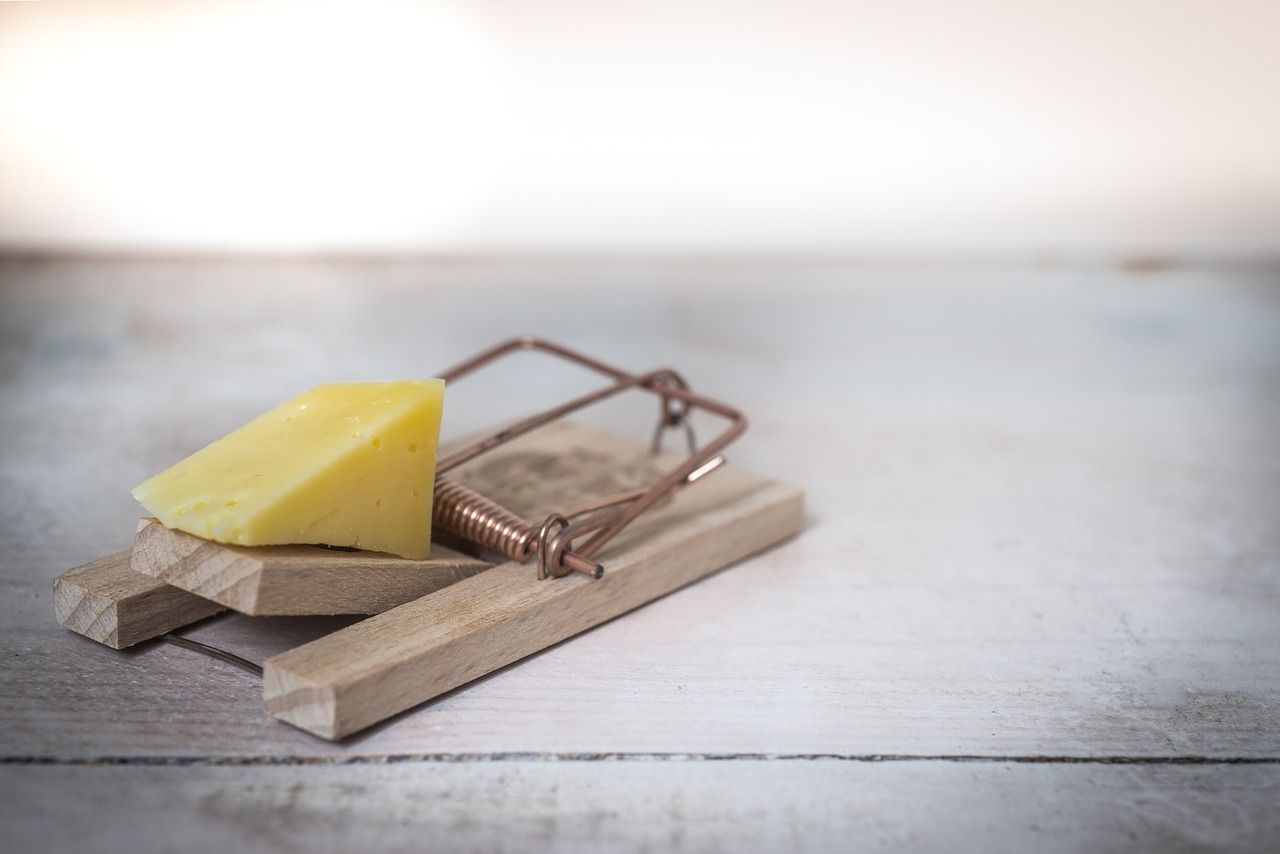

Social platforms directly affect mental health. Negative interaction and social comparisons on these networks have been related to higher levels of depression and anxiety.
Source: Social Networking Sites, Depression, and Anxiety: A Systematic Review
It’s not new. Big platforms perfectly know this phenomenon, but they keep pushing the limit to make more profits.
1. Unreal perfectionism can lead to severe damages
Instagram is the new place to be, and most users, especially young people, can’t post anything without applying beauty filters, making the platform a toxic environment.
It’s not uncommon for teenagers, for example, to lack confidence and be afraid of others’ judgment.
However, the social platform multiplies the effects, creating body image issues, mental disorders, depression, and, in the worst-case scenario, even suicidal thoughts.
Facebook, the company that owns Instagram, is aware of the situation and has even internal studies about the phenomenon.
This worrying situation does not affect only Instagram users. Other platforms such as Snapchat can have the same negative effect on people’s life.
2. Social apps modify the chemical of our brain
These online worlds have become a common concern, not just for teens but also for adults. In fact, everybody suffers from this virtual hyper-socialization.
Scientists have demonstrated it’s like heroin, sipping through a little glass, not at the same level, though, but it’s the same circuit in the brain. Like other drugs, it might trigger craving and drug-seeking behaviors.
Dopamine is a chemical that brings us pleasure. The brain releases it when detecting healthy behaviors. It’s a significant part of our global motivation, a reward system created by human evolution.
Social validation is a known stimulus for dopamine influx, and social platforms are overusing this trick, regardless of any ethical issue. The chemical reaction explains why it can be so challenging to disconnect sometimes, but if you don’t, you may experience in return poor sleep, anxiety, depression, or worse.
3. Please stay with us
The goal is to keep users on the platform like casinos do with gamblers. There are patterns to optimize the reward according to users’ activity.
It’s like laboratory rats with lumps of sugar or pieces of cheese. It’s a way more sophisticated experience, though, but it relies on the exact same mechanism.
It might seem anecdotal, but notifications are critical for such platforms. Algorithms are used to customize them according to your first connections, and then, when you interact with other users and groups, notifications happen more and more frequently to the point you expect them every time you log in.
Facebook or Instagram use that approach. It goes even further when algorithms notify likes with different rhythms, sometimes withholding them for a while to deliver a bigger shot later, which increases the dopamine influx and makes you even more addicted.
They can do that with a classic app from the web2. Imagine what it could be in the web3 and the Metaverse.
Escape strategies and conclusion
These platforms hire the most brilliant engineers and constantly enhance their UI. Once you’re in, it’s pretty difficult to stop, but there are small things you can do to improve your life:
- Admit it
- Disable notifications in the app settings
- Quit broken platforms when you’re ready
- Use other apps to reduce screen time and snooze notifications on your system
As I said, it’s a common concern. As a writer, I can’t deny I expect some reactions. I don’t write exclusively for them, but it’s not insignificant at all. Escaping from the “notification hell” is not easy but necessary.
Big platforms are not the only ones to implement likes, but they have amplified the signal to an unprecedented level.
The best part is that they never denied the potential damages. For a long time, their defense was that only a few people would really suffer from disorders.
In 2022, we know it affects everyone, of course to varying degrees, but the consequences can be tragic.
3 Practices of Social Platforms That Sabotage Your Mental Health
Source: Trends Pinoy
0 Comments